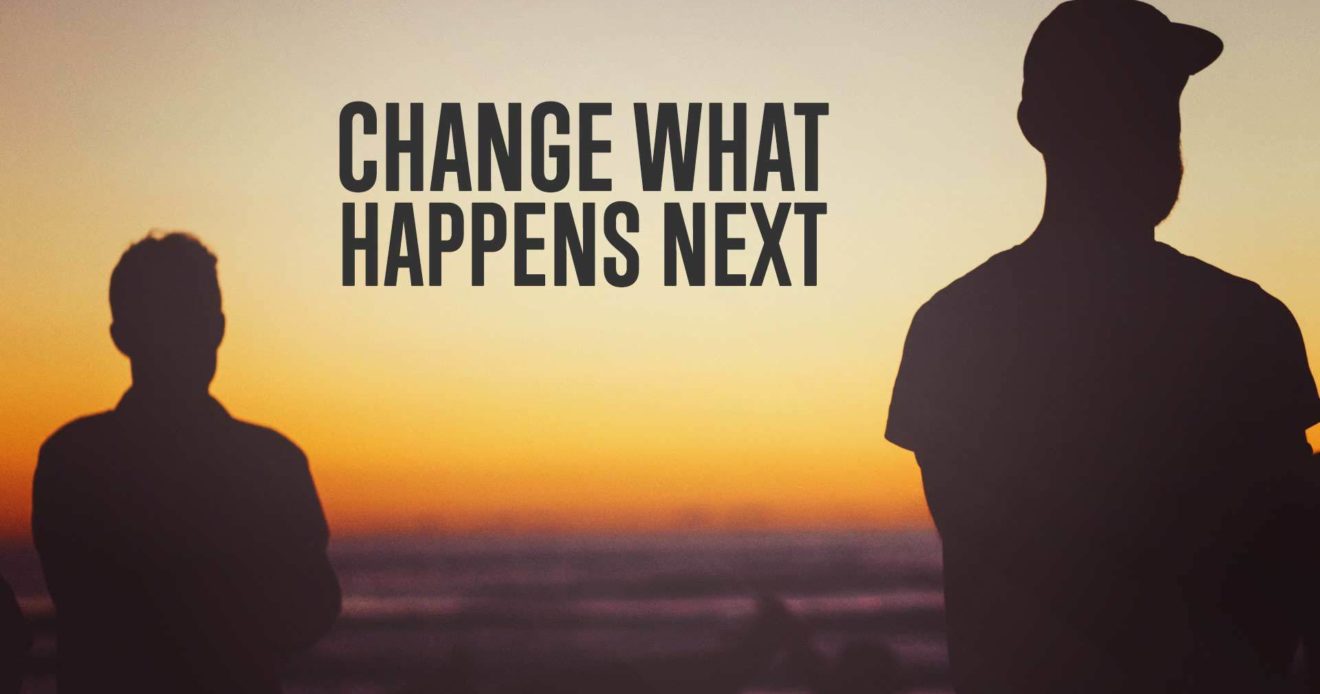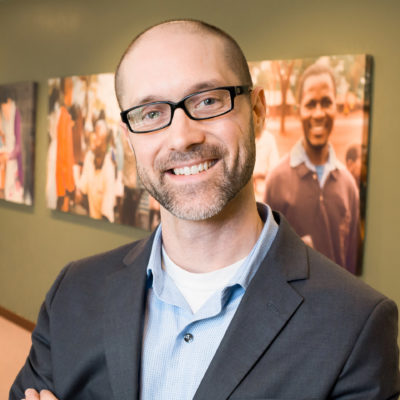
Change What Happens Next: Loving in the Wake of Tragedy
I am growing tired of watching people hate each other.
Why do we hate? We hate because we fear. We hate because we fail to understand. We hate because loving might mean we were wrong. We hate because yelling is easier than a conversation. We hate because it seems so much easier to harbor intolerance than to celebrate diversity.
Each week I sit in church, sing songs about Jesus, about Gods sovereignty and most of all, love. We proclaim as Christians that we ought to love our neighbors, that we ought to pray for those who persecute us. But then our news feed seems to roll a constant stream of hate. No one is immune to it. Everyone hates. It is pervasive. Hate hides in the deepest parts of our soul. It is in places we often don't look into, the places we forget even exists. That is until someone pushes the right button. Even the most sanctified, Jesus loving, Bible thumping Christian will get their button pushed and that place where hate lives is suddenly awake. And the deeper we go into this space, forgiveness nothing more than a dim light in the distance—fading.
Hate does not discriminate. It knows no race, culture, religion, age, time, temperature, or country. Hate is everywhere. And recently we saw the depths of hate makes its way to the surface on a national stage in Charlottesville, Virginia.
So much of what I love about the country is that my right to stand and speak my mind in the public square to those who disagree is legally protected. But that same protection is given to the one whom I disagree with to speak their mind to me. But what I love about this country is often the very thing that reveals the deepest hate among us. When we disagree, hate ignores the power of a conversation about ideas and instead resorts to violence because we bought the lie that violence is the only way we will be heard.
Until the kingdom comes, people are never going to agree. But even in the kingdom, there will always be diversity. God gave us the freedom to choose, God made us all uniquely different, but He also gave us the ability to hate—but so that we could have the capacity to choose to love. The mission of every Christian is to love our neighbor, preach the gospel, speak truth in love, and to pray for all—yes even those who persecute you. Jesus promised trouble in this world. He promised loving people would be hard—possible, but hard. Jesus also promised us the Holy Spirit to help us in every way we fall short. The Spirit of God takes the deepest hate and turns it into supernatural love. It is the holy Spirit that compels a family to forgive a rapist or murder. It is the Spirit that changes the way we see someone different than us. And it is the Spirit of God who allows us to be quick to listen and slow to become angry.
In an episode like Charlottesville (or other places before it) it is easy to search for blame. It is our sense of justice. We want those responsible held accountable. And rightfully so. But that does not change hearts. God does that. And he does that through you and I. Our supernatural ability to love compels us to engage our neighbor in conversation, helps us understand them, and helps us speak the truth about Christ to them.
As you and your students process this terrible hate filled moment in the history of our nation remind them that change begins in their own heart. Ridding our world of hate begins with a lunch time conversation with someone you don’t know or normally don’t talk to. It means breaking the social boundaries of school culture. And it means walking the hallways, athletic fields, and drama stages as Jesus would. We cannot change what happened, but we can change what happens next.
Steve Kozak
Executive Director of AwanaYM
Steve currently serves as the Executive Director of AwanaYM. Previously, Steve spent over a decade teaching high school theology and apologetics from Detroit to LA. Steve holds a Masters degree in Theology from Moody Theological Seminary and a Masters in Christian Apologetics from Biola University. Steve is also an adjunct professor at Trinity International University. He speaks and writes on youth ministry, youth culture and apologetics. He resides in Chicago, IL with his wife and four children.FollowSteve Kozak on Twitter: stevenmkozak
Comments
Get the AwanaYM Update
Receive youth ministry resources in your inbox. Subscribe today!
